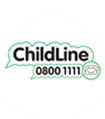Sociology
Specification
AQA – The specification and assessment structure can be found at the link https://www.aqa.org.uk/subjects/sociology/a-level/sociology-7192/specification
This qualification offers an engaging and effective introduction to Sociology. Students will learn the fundamentals of the subject and develop skills valued by higher education and employers, including critical analysis, independent thinking and research.
Key Features
Subject content
Year 1
In Year 1 the specification includes an introduction to the key ideas, perspectives and issues examined by Sociology as well as compulsory content comprising a study of the Education system, applied Sociological methods and research methods. Our chosen additional topic for Year 1 is Culture and Identity.
Education with Theory and Methods comprises:
- the role and functions of the education system, including its relationship to the economy and to class structure
- differential educational achievement of social groups by social class, gender and ethnicity in contemporary society
- relationships and processes within schools, with particular reference to teacher/pupil relationships, pupil identities and subcultures, the hidden curriculum, and the organisation of teaching and learning
- the significance of educational policies, including policies of selection, marketisation and privatisation, and policies to achieve greater equality of opportunity or outcome, for an understanding of the structure, role, impact and experience of and access to education; the impact of globalisation on educational policy.
Research methods comprises:
- quantitative and qualitative methods of research; research design
- sources of data, including questionnaires, interviews, participant and non-participant observation, experiments, documents and official statistics
- the distinction between primary and secondary data, and between quantitative and qualitative data
- the relationship between positivism, interpretivism and sociological methods; the nature of ‘social facts’
- the theoretical, practical and ethical considerations influencing choice of topic, choice of method(s) and the conduct of research
- consensus, conflict, structural and social action theories
- the concepts of modernity and post-modernity in relation to sociological theory
- the nature of science and the extent to which Sociology can be regarded as scientific
- the relationship between theory and methods
- debates about subjectivity, objectivity and value freedom
- the relationship between Sociology and social policy.
Culture and Identity comprises:
- different conceptions of culture, including subculture, mass culture, folk culture, high and low culture, popular culture and global culture
- the socialisation process and the role of the agencies of socialisation
- the self, identity and difference as both socially caused and socially constructed
- the relationship of identity to age, disability, ethnicity, gender, nationality, sexuality and social class in contemporary society
- the relationship of identity to production, consumption and globalisation.
Year 2
In Year 2 the specification includes compulsory study of Crime and Deviance with Theory and Methods plus Education with Theory and Methods. Our chosen additional topic for Year 2 is Beliefs in Society.
Crime and Deviance comprises:
- crime, deviance, social order and social control
- the social distribution of crime and deviance by ethnicity, gender and social class, including recent patterns and trends in crime
- globalisation and crime in contemporary society; the media and crime; green crime; human rights and state crimes
- crime control, surveillance, prevention and punishment, victims, and the role of the criminal justice system and other agencies.
Theory and Methods comprises:
- quantitative and qualitative methods of research; research design
- sources of data, including questionnaires, interviews, participant and non-participant observation, experiments, documents and official statistics
- the distinction between primary and secondary data, and between quantitative and qualitative data
- the relationship between positivism, interpretivism and sociological methods; the nature of ‘social facts’
- the theoretical, practical and ethical considerations influencing choice of topic, choice of method(s) and the conduct of research
- consensus, conflict, structural and social action theories
- the concepts of modernity and post-modernity in relation to sociological theory
- the nature of science and the extent to which Sociology can be regarded as scientific
- the relationship between theory and methods
- debates about subjectivity, objectivity and value freedom
- the relationship between Sociology and social policy.
Beliefs in Society comprises:
- ideology, science and religion, including both Christian and non-Christian religious traditions
- the relationship between social change and social stability, and religious beliefs, practices and organisations
- religious organisations, including cults, sects, denominations, churches and New Age movements, and their relationship to religious and spiritual belief and practice
- the relationship between different social groups and religious/spiritual organisations and movements, beliefs and practices
- the significance of religion and religiosity in the contemporary world, including the nature and extent of secularisation in a global context, and globalisation and the spread of religions.
The two core themes of Socialisation, culture and identity and Social differentiation, power and stratification are studied and applied throughout the two year course.
What background do I need?
Opportunities
How it's assessed
Examinations
Paper 1: Education with Theory and Methods – 80 marks (2 hours)
33.3% total A Level
What’s assessed:
- Education: short answer and extended writing, 50 marks
- Methods in Context: extended writing, 20 marks
- Theory and Methods: extended writing, 10 marks
Paper 2: Topics in Sociology – 80 marks (2 hours)
33.3% total A Level
What’s assessed:
- Section A: extended writing on Culture and Identity, 40 marks
- Section B: extended writing on Beliefs in Society, 40 marks
Paper 3: Crime and Deviance – 80 marks (2 hours)
33.3% total A Level
What’s assessed:
- Crime and Deviance: short answer and extended writing, 50 marks
- Theory and Methods: extended writing, 30 marks
Year 12
| Topic | Further details about the topic | Skills | |
|---|---|---|---|
|
Autumn Term |
|||
|
1 |
|||
|
2 |
|||
|
Spring Term |
|||
|
1 |
|||
|
2 |
|||
|
Summer Term |
|||
|
1 |
|||
Year 13
| Topic | Further details about the topic | Skills | |
|---|---|---|---|
| Autumn Term | |||
| 1 | |||
| Spring Term | |||
| 1 | |||
| 2 | |||
| Summer Term | |||
| 1 | |||
Assessments
| Resources | Topic | Type of assessment |
|---|---|---|
| CAT 1 |
All areas covered in term 1 |
Examination paper |
| CAT 2 |
All areas covered in Year 12 |
Examination paper |
| CAT 3 |
Component 1 and 2 |
End of Year Examination |
| CAT 4 |
All areas covered in Year 13 Term 1 |
Examination paper |
| CAT 5 |
Component 1 and 2 |
Examination paper |
| CAT 6 |
Component 1 and 2 |
Mock Examination |
Main Resources
| Resource | Details |
|---|







